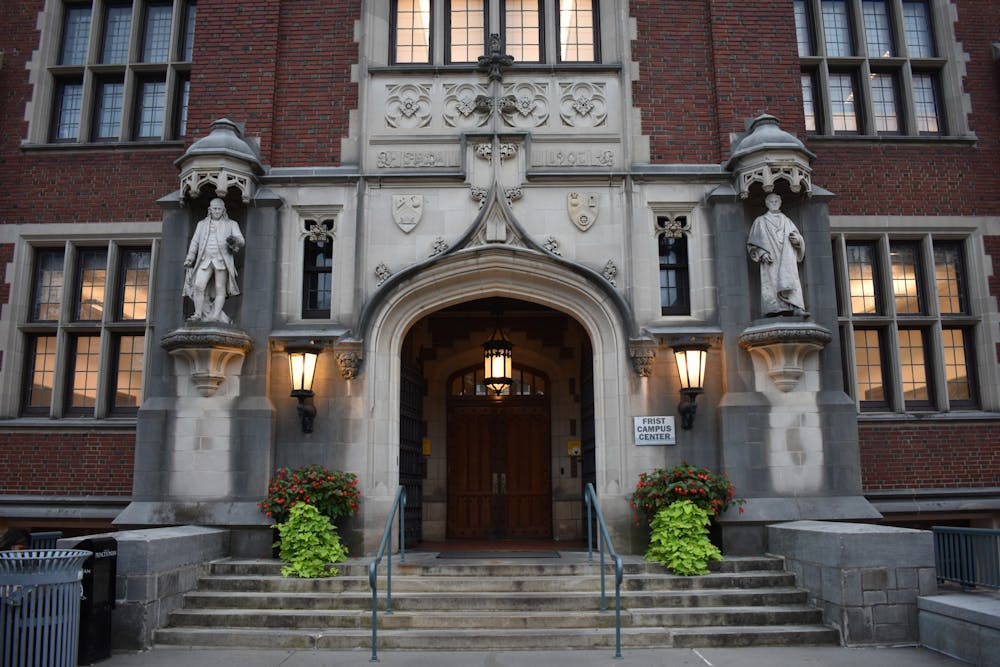The University strives to produce scholars “in the Nation’s Service, and the Service of Humanity,” but refuses to substantially support undergraduates exploring service through their academic work. Despite programming at the Pace Center for Civic Engagement and the Learning and Education through Service (LENS) initiative, the University doesn’t truly prioritize service because it’s not integrated into its core academic goals. One critical step towards making service a real priority for the University, rather than a performative addition, is offering course credit.
Currently, the University’s best effort to integrate service and academia is the Program for Community-Engaged Scholarship (ProCES). The ProCES office sponsors around 30 academic courses each semester, across most disciplines, to bring community priorities into conversation with “academic learning goals,” a mission arguably at the core of the University’s informal motto. But unfortunately and predictably, as a student on the ProCES advisory committee, I’ve seen how ProCES remains underfunded, under-resourced, and understaffed. While the University’s website highlights graduates working in the “Nation’s Service and the Service of Humanity,” when it comes monetary decisions, it’s clear that service is not the priority. Instead, the University has made costly investments in the construction of the Art Museum and new residential colleges. The administration of President Christopher Eisgruber ’83 has routinely demonstrated that service is to be extra-curricular, not co-curricular, through its lopsided investment in service opportunities.
In order to fully integrate service with its core academics, the University should offer course credit for Pace Center programming (i.e. Service Focus) and University recognized service internships (i.e. PICS). This would be a first step towards signifying a legitimate and full commitment to service. Although Princeton already sometimes provides monetary compensation for students’ service, this course credit option will open pathways for students whose busy schedules are their main constraints. Additionally, the University should establish a center for service learning to house the offices of ProCES and the PACE Center under the same roof instead of being spread out between the Carl A. Fields Center for Equality and Cultural Understanding (CAF), Frist Campus Center, and the detached ProCES office space above the Nassau Street U-Store.
Adding this course credit option would force the University to oversee service on the same level as its undergraduate courses. Organizations that the University partners with should clear credit-eligible opportunities with the University, making the options that are offered more robust and ensuring they are useful to the community.
Course credit for service work would not be a bribe to get more students to participate in service, but a way for the University to legitimize the opportunities it offers. This option would provide institutional backing to the Pace Center and ProCES office, allowing them to standardize and ensure high-quality service opportunities. The University isn’t far from making this a reality. They have systems for students to engage in service opportunities; they just need to give this framework the resources it deserves.
Offering course credit is one of the only things that will give its current service framework legitimacy. In establishing course credit, the University would finally practice what it preaches: recognizing service learning as just as valuable as what you learn in Introduction to Macroeconomics. It’s clear that currently, breaking out of the Orange Bubble remains low-priority for Princeton, despite the University claiming that service is at the core of its undergraduate experience. The University isn’t close to being truly in “the service of humanity.” It should step up to that challenge, or stop using the motto.
Jalen Travis is a junior and contributing columnist for the ‘Prince’ majoring in anthropology with a minor in African American studies. He can be reached at jwtravis@princeton.edu.








